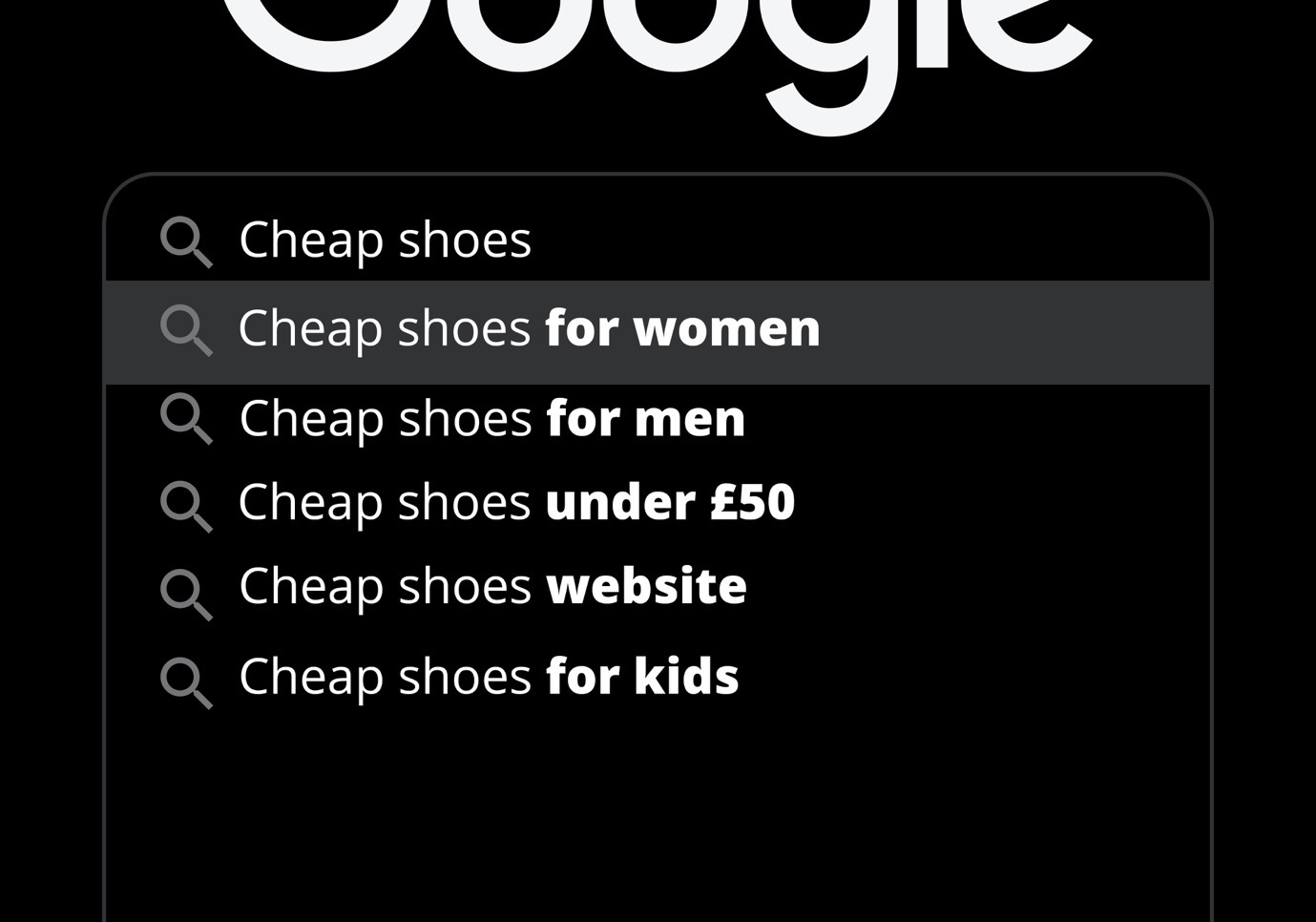We use cookies to personalise content and ads to analyse our traffic. We also share information about your use of our site with our advertising and analytics partners who may combine it with other information that you've provided to them or that they've collected from your use of their services.
Should You Always Target the Most Competitive Keywords?
Should You Always Target the Most Competitive Keywords?

For any site, strong keyword utilisation remains paramount to keeping pace with – and outranking – competitors; in targeting relevant search traffic directly through your on-site content and link building packages, you are continuously optimising your online presence toward all relevant search queries, and working to improve your site’s traffic organically.
All keywords are party to a certain amount of competition. Of course, the scope of this competition varies depending on a number of factors, from the size of the market to the specificity of the keyword itself. The metrics for a highly competitive keyword in casino SEO services, for instance, will differ significantly from the metrics for a highly competitive keyword in SEO for a business local to, say, Gloucestershire.
In general, however, short-tail keywords – or keywords that are relevant within a much broader context – prove the most competitive. It is like casting out a wide, open net through which fewer relevant searches will slip – and ensuring that your link agency is targeting the largest possible audience.
Of course, for anyone hoping to garner significantly more organic traffic to their site, targeting those competitive keywords may well seem like the best approach, but long-tail keywords – or those which hold a narrower scope on SERPs, and are therefore less competitive – remain an invaluable tool for any site seeking to garner greater levels of organic traffic.
What are Long-Tail Keywords?
Long-tail keywords are, on the whole, much more specific, and tend to comprise more searchable terms. For instance, instead of focusing your attention solely on the keyword “hairbrush” – which will, of course, generate consistently high search volume – you might target “best hairbrush for fine hair”.
Long-tail keywords are less competitive; searchers are, in general, far less likely to target a precise phrase or sentence than a single search term. This means that, in terms of search volume, “hairbrush” will undoubtedly prove more competitive than any of the more specific search terms, such as our long-tail keyword.
Similarly, in the world of iGaming SEO, there remains a great deal of value in targeting long-tail keywords that target fans and players of the specific games on offer on your site, rather than simply pursuing those keywords that prove to be far more competitive, but also far more vague. It is a difficult balance to strike, and one of the reasons why it can be difficult to find a strong casino SEO agency.
Why Are Long-tail Keywords Important?
It may even seem obvious that efforts should only target the most lucrative and competitive keywords; after all, they tend to feature in the most organic searches, thus yielding the greatest traffic levels of all relevant keywords. If your competitors are utilising these phrases, then it stands to reason that you want to target them, too – or risk being pushed back down the rankings.
The reality is, however, that the mark of a valuable keyword does not lie solely in its proliferation within search queries. A good keyword will also prompt readers to click through to your site by aligning with user intent, and this is often where long-tail keywords offer an advantage over primary keywords.
If a user makes a single-word search query, then there could be any number of reasons behind their search, and it is much less likely that your site will offer the ideal result to fit their requirements. As a result, your bounce-rate begins to rise as a significant portion of organic traffic returns to the results page in order to find something more suited to their query.
If, however, they are searching specifically for, say, hairbrushes for fine hair, then it is much more likely that they will click through to your site and find exactly what it is that they are looking for.
Are Short Tail Keywords Still Relevant?
Any effective SEO strategy will seek to gain traction on relevant SERPs through a strong, diverse and consistent approach toward keyword implementation, both on- and off-site. Augmenting your content creation with lucrative keywords is best achieved through a good mix of relevant search terms and queries that are regularly monitored.
Long-tail keywords and those that see less search volume remain highly beneficial to sites, and it is certainly not the case that you should be locked into a single-minded pursuit of the most competitive keywords. In link building packages, for instance, targeting those specific keywords can help to garner more clicks through to your own site, as readers feel confident they will find what they need.
Of course, none of this is to say that short-tail keywords, and the most competitive keywords relevant to your site and industry, are not still important. They remain competitive for a reason, and any good SEO outreach strategy will continue to target those words and phrases.
An SEO package that truly holds value for your site, however, will also take into account long-tail keywords that promise to target the most lucrative portions of organic search traffic, and ensure that the traffic arriving on your site offers genuine value to you.

